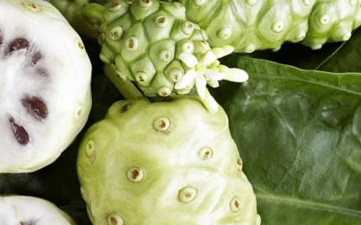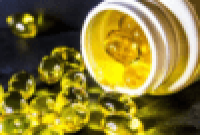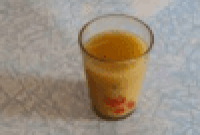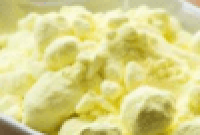Mengkudu leaves, also known as noni or pace, have been known to have numerous health benefits. Unlike the fruit, the benefits of the leaves are not widely known. However, the leaves contain nutrients such as protein, calcium, iron, carotene, and ascorbic acid. Additionally, the leaves have antimicrobial, antifungal, antiprotozoal, antidiabetic, antioxidant, antihypertensive, and anti-diarrheal properties. In this article, we explore the health benefits and how to use mengkudu leaves.
Health Benefits of Mengkudu Leaves
1. Cure for Skin Fungus – Kurap
Skin fungus, also known as kurap, can cause discomfort and embarrassment. A simple remedy is by mashed-up mengkudu leaves mixed with coconut oil and applied directly to the affected area.
2. Treated Boils and Other Skin Infections – Bisul
Mengkudu leaves contain ethanol and antibacterial properties that can help inhibit the growth of Staphylococcus aureus bacteria – the underlying cause of skin infections, including boils.
3. Help Heal Wounds
Beta-carotene, glycoside iridoid, and flavonoids found in the leaves can speed up the healing process of wounds. While there’s no scientific evidence regarding this property, mengkudu leaves have been known to aid in treating skin conditions as a method of alternative medicine.
4. Lowering Fever
Mengkudu leaves are also used as a traditional medicine in reducing fever. Although it hasn’t been fully researched, you can extract the juice from young leaves for consumption in moderation.
5. Prevention of Dengue Fever Spreading
According to research, mengkudu leaves extract can be mixed with other substances to help reduce the number of Aedes egypti mosquitoes – a carrier for the deadly dengue fever virus.
6. Promote Smooth Skin
Mengkudu leaves can also act as a natural sunscreen, protecting the skin from harmful UV rays and making the skin look youthful.
7. Relieve Gum Infection
Mengkudu leaves chewed or crushed can help relieve gum infections.
8. Treat Rheumatism
Mengkudu leaves have anti-inflammatory properties, which makes it an effective treatment for rheumatism.
9. Prevent Inflammation
Inflammation is a common body response to injury. Consuming mengkudu leaves can help prevent inflammation.
10. Reduce Flatulence and Improve Digestion
Mengkudu leaves can aid in settling an upset stomach, relieving you from flatulence or bloating.
11. Ease Stomach Pain and Dysentery
Boiled mengkudu leaves in water can help regulate bowel movements, enabling relief from stomach pain and diarrhea caused by dysentery.
12. Treat Bile Duct Cancer
According to research, mengkudu leaves extract contains anti-cancer properties. It can help treat and prevent cancer of the bile duct.
The Various Forms of Mengkudu Leaves
1. Powdered Leaves
Mengkudu leaves are dried and finely ground to create a dense powder for consumption.
2. Extracts
Extracts are created by soaking mengkudu leaves in water or alcohol to extract the beneficial substances.
3. Juices
The leaves can also be crushed and squeezed to extract the juice, consumed as desired.
4. Tea
Boiled water is mixed with mengkudu leaves to create tea, a readily available and straightforward consumption method.
In conclusion, mengkudu leaves have incredible healing properties that can benefit your overall health. Be sure to incorporate them into your daily routine as a method of preventative and alternative medicine.




